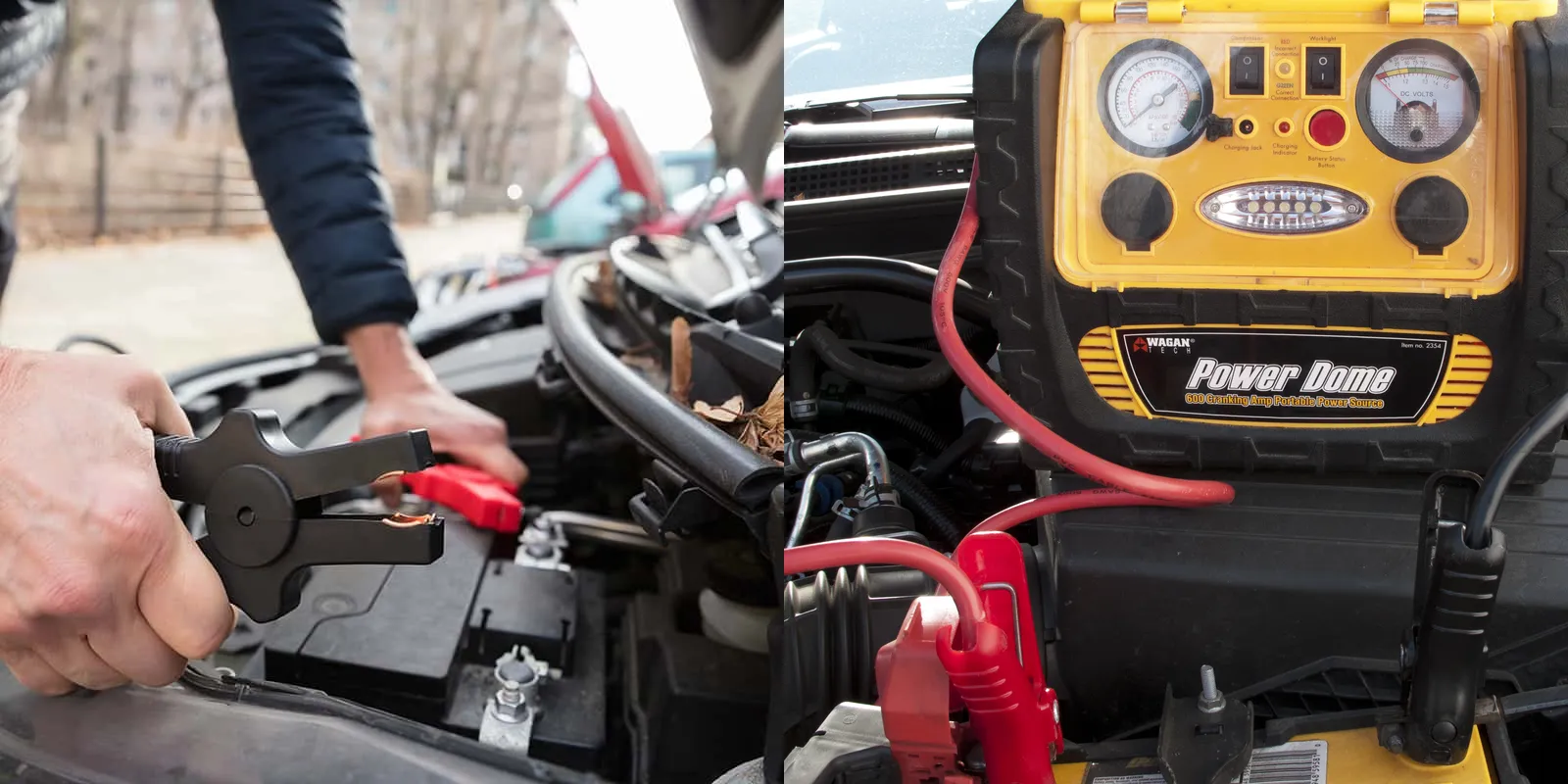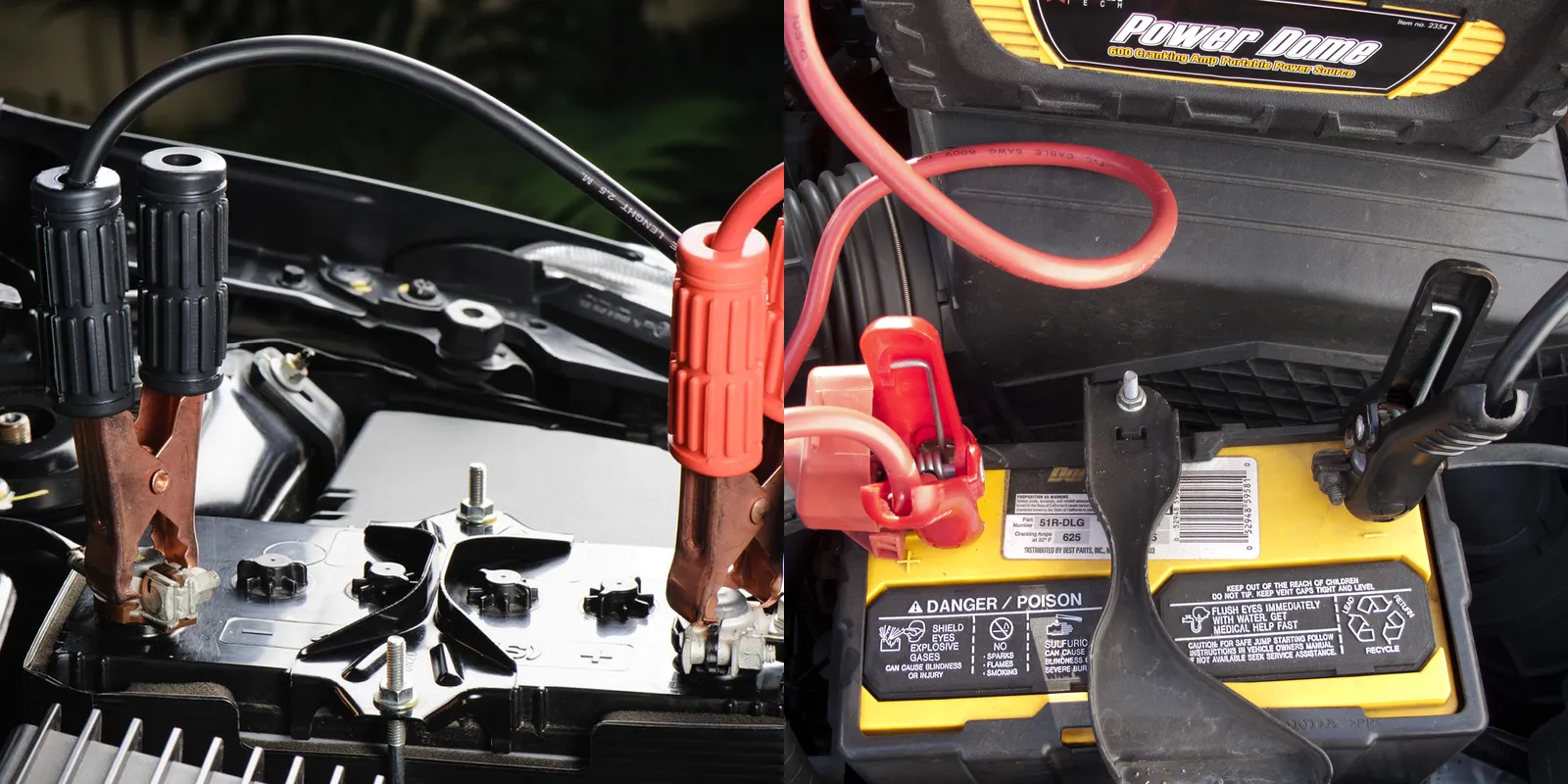If your car’s alternator isn’t working properly, it can be a frustrating experience. Ma keia 'atikala, we’ll take you through how to jump start a car with a bad alternator. Ka mua, find the problem and correct it. A laila, take some Basic Auto Repair steps to help your car run smoothly again.
What is an alternator does?
An alternator is an electric generator that helps power your car or engine. It uses AC power to generate electricity, which is then used to charge the battery. alternators are important for many reasons, the most common of which are that they can help conserve energy and keep your car running smoothly.
As stated before, the alternator converts mechanical energy into electrical energy. The crankshaft in a vehicle utilizes a serpentine belt, or V-belt, to drive the alternator, which moves the rotor within the alternator at a high speed.
While most alternators are built to last a long time, there are parts in them that can wear out over time. Overuse, heat damage and general wear can diminish the health of an alternator. Without a working alternator, a vehicle can encounter a range of issues.
Why a bad alternator can prevent a car from starting
A bad alternator can prevent a car from starting. When the alternator fails, the car will not have enough juice to turn the engine over. This can be a serious problem if you are trying to start your car in cold weather.
Explain how a jump start can help start a car with a bad alternator
A jump start can be a great way to help start a car with a bad alternator. When the car’s battery is weak or dead, a jump start can give it enough of a boost to start. This can help get the car moving and avoid a tow truck.
Preparing to Jump Start a Car with a Bad Alternator
Tools and equipment needed to jump start a car with a bad alternator
The tools and equipment needed to jump start a car with a bad alternator are as follows:
- A jumper cable
- An engine oil cooler
- A battery
- A spark plug
- Brake fluid
- Gasoline
- Fuse
Safety precautions that should be taken before attempting a jump start
Before attempting a jump start, it is important to take into account the safety precautions that should be taken. Here are some key points to keep in mind:
- Always use caution when working with power tools.
- Always wear safety goggles and a protective suit when working with gasoline or other combustible materials.
- Never jump start a car if the battery is damaged or if the cables are not in good condition.
- Always wait until the engine is completely cool before attempting a jump start.
Jump Starting a Car with a Bad Alternator
Step-by-step instructions for jump starting a car with a bad alternator
If your car won’t start because of a bad alternator, aia kekahi mau mea hiki iā ʻoe ke hana e hoʻāʻo a hoʻomaka. This is a step-by-step guide on how to jump start a car with a bad alternator.
- Ka mua, make sure the car is completely off and all the keys are removed.
- Aʻe, locate the battery. It’s usually located under the hood or in the trunk.
- Aʻe, locate the jumper cables. They are usually coiled up and stored next to the battery.
- ʻO ka hope loa, connect the red (maikaʻi) cable to the battery and the black (ʻinoʻino) cable to the car’s electrical system.
Role of the working car’s battery in the jump start process
In a jump start, a car’s battery is used to start the engine. The battery provides a quick burst of power to get the car started. The battery is connected to the car’s electrical system. When the car’s battery is connected, the car’s electrical system is also connected. This means that the car’s battery can provide power to the car’s lights, windows, and other electrical systems.
The battery also provides power to the car’s starter. The starter is a small, electric motor that starts the car. The starter is powered by the battery. When the battery is connected to the car, the starter can start the car.

What to do if the car still won’t start after attempting a jump start
If you car won’t start after attempting a jump start, aia kekahi mau mea hiki iā ʻoe ke hana.
- ʻO ka mua, check the battery to see if it’s dead. Inā ua make ka pākaukau, pono ʻoe e pani.
- ʻO ka lua, make sure the car’s battery cables are properly connected.
- Thirdly, check the car’s wiring for any damage.
- ʻO ka hope loa, try starting the car in neutral.
Driving with a Bad Alternator
How to drive a car with a bad alternator
If you are driving a car with a bad alternator, here are a few things you can do to help keep the car running:
- Turn off the car and remove the battery.
- Remove the spark plugs.
- E nānā i ka uila uila.
- Check the alternator voltage.
- Measure the resistance of the battery and alternator.
If the resistance is high, replace the battery and alternator. If the resistance is low, the problem may be with the wiring or the alternator itself, and you may need to replace the alternator.
Discuss the risks associated with driving a car with a bad alternator
There are a number of risks associated with driving a car with a bad alternator. A bad alternator can cause a number of problems, komo:
Inability to start the car
Inā ʻaʻole e hoʻomaka kāu kaʻa, the most likely cause is a bad alternator. If the alternator isn’t providing enough power to the engine, the car won’t be able to turn over. I kekahi mau hihia, the car may just beep or give a warning light, but in other cases, the car may not start at all.
Inā ʻaʻole e hoʻomaka kāu kaʻa, ʻO ka mea mua āu e hana ai, ʻo ia ke nānā i ka pākaukau. Sometimes a battery will just need to be charged, while other times it will need to be replaced. If the battery is the problem, you’ll need to get a new car.
Lack of power
If your car doesn’t have enough power, the problem may be with the alternator. If the alternator isn’t supplying enough power to the engine, the car may not be able to start or turn. I kekahi mau hihia, the car may just beep or give a warning light, but in other cases, the car may not have any power at all.
Lack of acceleration
If your car doesn’t have enough power, the problem may be with the alternator. If the alternator isn’t supplying enough power to the engine, the car may not be able to accelerate. I kekahi mau hihia, the car may just beep or give a warning light, but in other cases, the car may not have any power at all.
Getting a Bad Alternator Repaired
Importance of getting a bad alternator repaired
When you have a bad alternator, it can cause your car to not start, or it could result in a blown fuse. If you don’t get it repaired, you could be left stranded on the side of the road. It’s important to get your alternator repaired as soon as possible so you don’t experience any of these problems.
Typical cost of repairing an alternator
The typical cost of repairing an alternator depends on the make and model of the alternator, the size of the repair, and the complexity of the repair. The average cost to repair an alternator is between $100 a $200.
Signs that may indicate a bad alternator needs to be repaired
If you’re noticing any of the following signs, it may be time to have your alternator checked:
- When you start your car, the engine may not start.
- Your car may not start in cold weather.
- You may be getting a “check engine” light.
- Your car’s battery may not hold a charge.
- Your car is not getting the power it needs to go.

Ka hopena
Ma keia 'atikala, we’ve taken you through a step-by-step guide on how to jump start a car with a bad alternator. And we hope that this article can really help you! Thanks for your reading!